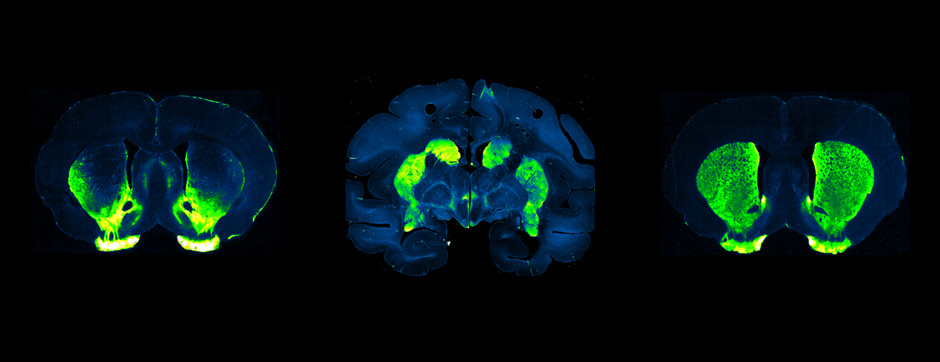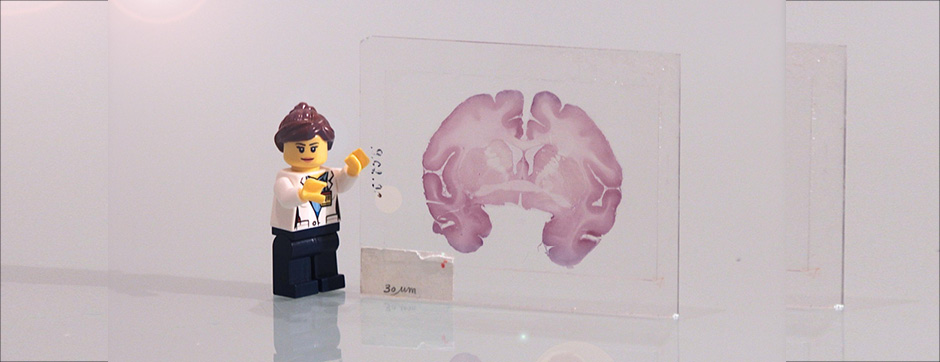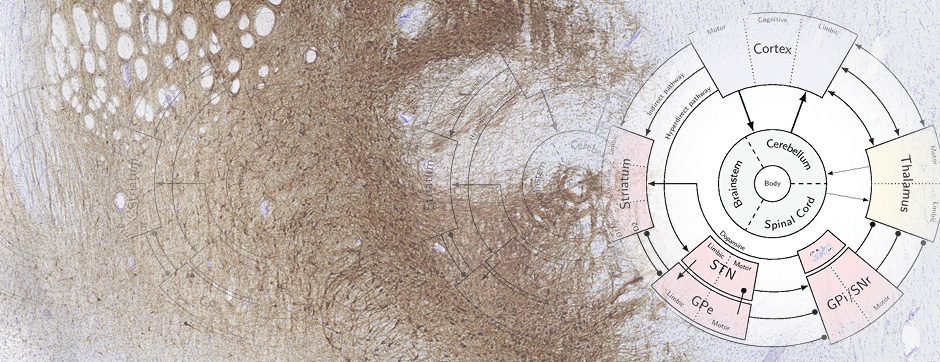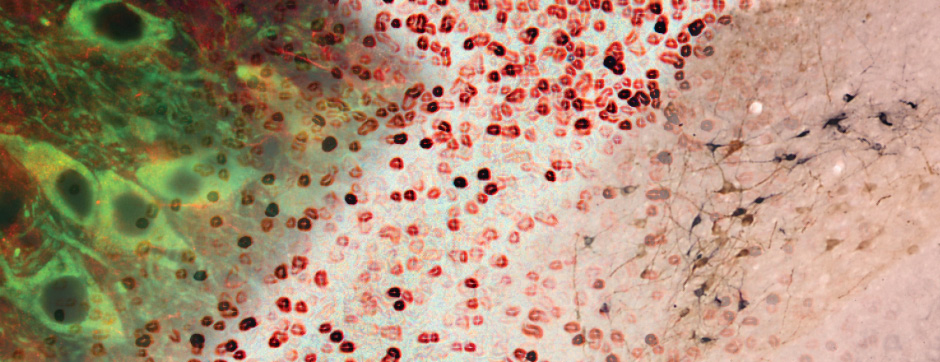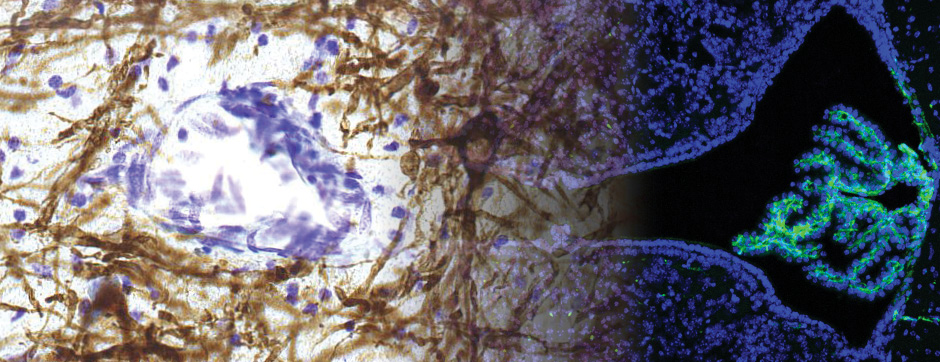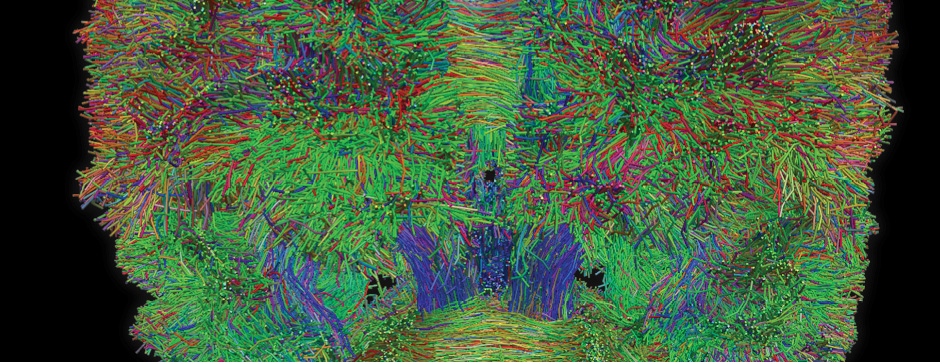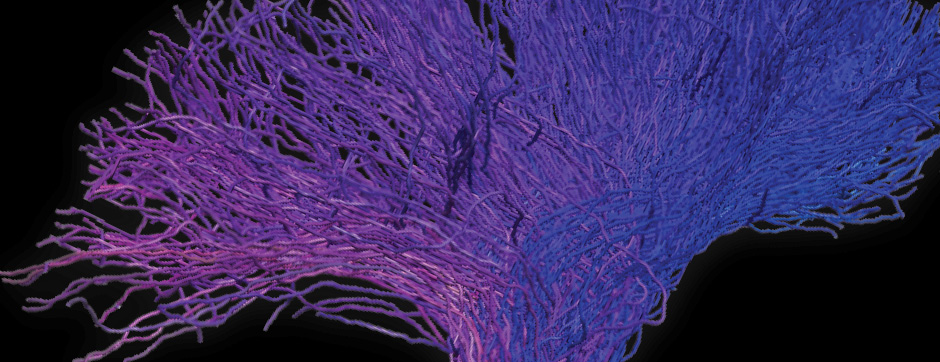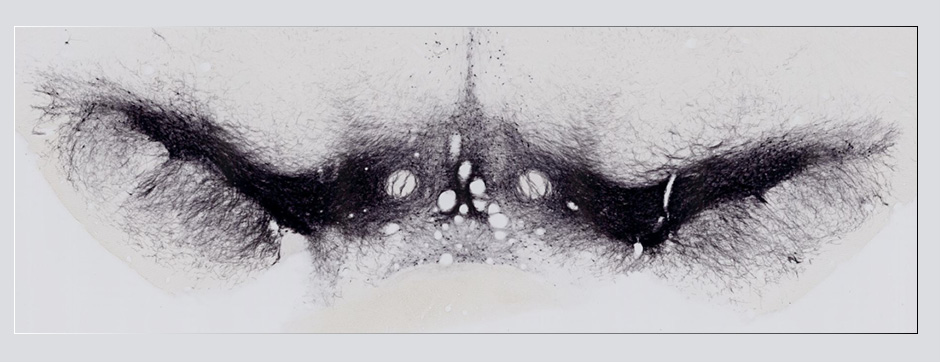A spinal cord neuroprosthesis for locomotor deficits due to Parkinson’s disease
Neuroscientists from Inserm, CNRS and the University of Bordeaux in France, together with Swiss researchers and neurosurgeons (EPFL/CHUV/UNIL), have designed and tested a “neuroprosthesis” to correct the gait disorders associated with Parkinson’s disease. In a study published in Nature Medicine, the scientists detail the development process of the neuroprosthesis, which finally enabled the first Parkinson’s patient to be treated, enabling him to walk with fluidity, confidence and without falling.
Abstract
People with late-stage Parkinson’s disease (PD) often suffer from debilitating locomotor deficits that are resistant to currently available therapies. To alleviate these deficits, we developed a neuroprosthesis operating in closed loop that targets the dorsal root entry zones innervating lumbosacral segments to reproduce the natural spatiotemporal activation of the lumbosacral spinal cord during walking. We first developed this neuroprosthesis in a non-human primate model that replicates locomotor deficits due to PD. This neuroprosthesis not only alleviated locomotor deficits but also restored skilled walking in this model. We then implanted the neuroprosthesis in a 62-year-old male with a 30-year history of PD who presented with severe gait impairments and frequent falls that were medically refractory to currently available therapies. We found that the neuroprosthesis interacted synergistically with deep brain stimulation of the subthalamic nucleus and dopaminergic replacement therapies to alleviate asymmetry and promote longer steps, improve balance and reduce freezing of gait. This neuroprosthesis opens new perspectives to reduce the severity of locomotor deficits in people with PD.


